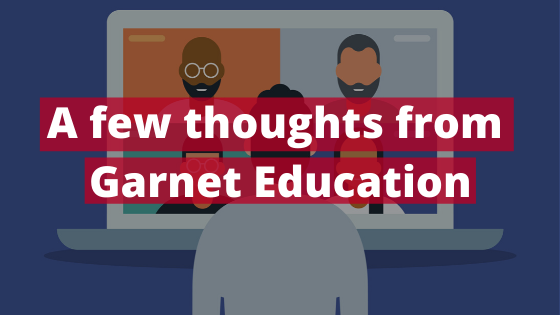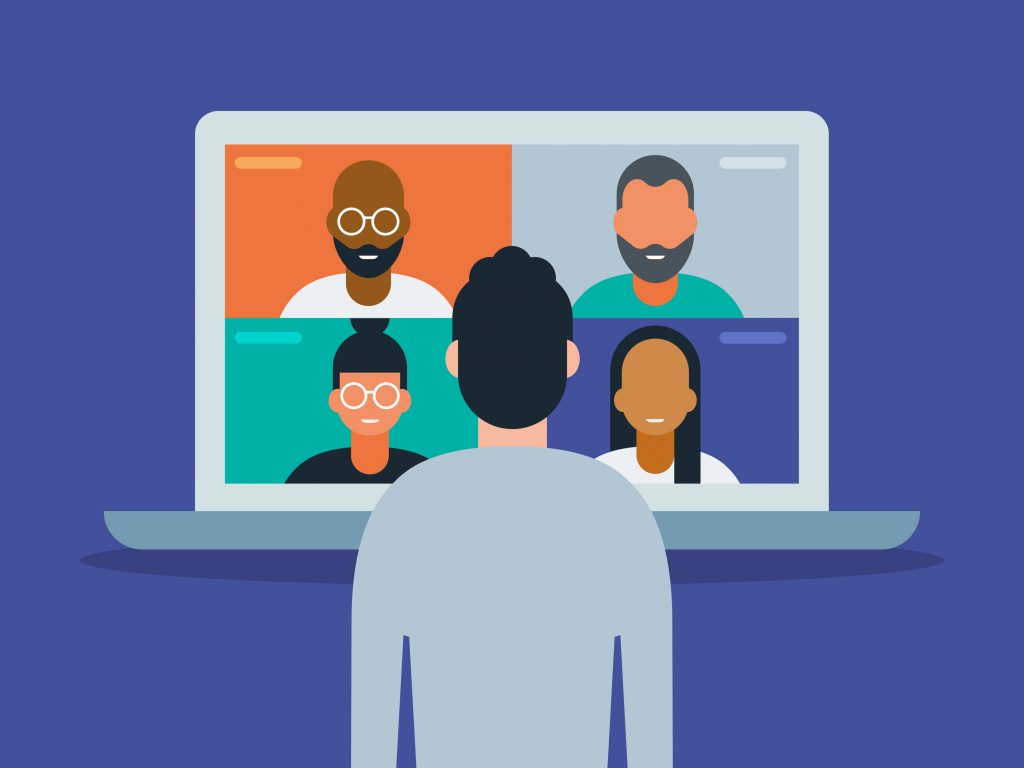
“The University of Cambridge has announced that all lectures will be online-only for the next academic year.
In a statement, the university said that as social distancing was likely to continue to be required, it has ‘decided there will be no face-to-face lectures during the next academic year’. ‘Lectures will continue to be made available online, and it may be possible to host smaller teaching groups in person, as long as this conforms to social distancing requirements,’ the university said.”
Times Higher Education, May 20, 2020
“The University of Warwick, the University of Oxford, Anglia Ruskin University and Queen’s University Belfast also confirmed to THE that they were planning to deliver both face-to-face and online teaching. Cardiff University, the University of Exeter and Edinburgh Napier University said they had not finalised their teaching plans, but they were likely to include a combination of on-campus and virtual provision.”
Times Higher Education, May 26, 2020
There is of course still much uncertainty around the Covid-19 pandemic and its impact on the delivery of higher education. However, as the quotations above suggest, some structure for the immediate future is emerging. A reasonable working assumption is that for the 2020-21 academic year, at least some UK universities will:
- be delivering much or all of their lecture input online;
- be delivering tutorials on a socially-distanced face-to-face basis, where possible, but migrating to the online space if required to;
- applying an approach that will be somehow blended.
These revisions to the structure and approaches to teaching and their inevitably dynamic nature will be challenging to all staff and students. However, the overseas student community and the EAP teams supporting them will have particular issues to manage. These issues may be around both the content and the methods of delivery.

Online lectures
The practical challenge of listening to online lectures, due to sound levels, pace of delivery and technology/internet connectivity issues, may be quite clear, if not easy to manage. Attention spans are certainly an issue too – screen time is exhausting and it will be interesting to see if lecture duration will be reduced as online delivery rolls out. EAP teaching has always included some practice in listening to lectures; we just may need to tweak our content to allow for the challenges of listening online.
At an academic level, the fact that student-student interaction after a lecture – especially in terms of comparing notes and ideas – will be lost, means that we need to look at new ways of developing the sense of collegiality and exchange that the face-to-face setting provides. Lectures are a combination of academic exchange and social event. At Garnet Education we are all working from home at present and use Slack as a way of maintaining our sense of collegiality and community, and it seems to serve that purpose well.
Perhaps some thought also needs to be given to the setting that students find themselves in. Issues around isolation anxiety, and the fact that the student may be home-based with a lot of distractions, may also influence the efficacy of the lecture itself. To a great extent, this is something that lecturers need to consider in their delivery, but some interventions from the EAP side might seem appropriate too.
A potential saving grace of the online lecture is the fact that they are usually recorded, allowing students to replay them to ensure maximum comprehension and engagement. The (possibly rapid) creation of post-delivery worksheets to support students in their second or third listening might be something to consider. In this regard, the use of a range of delivery media by the lecturer can support this more ‘remote’ comprehension process, as well as enhancing student motivation, clearly a major factor in the online learning space. Importantly, these recorded lectures can become a useful resource bank for future EAP input.
Face-to-face tutorials
It remains to be seen how much time students will be able to spend in face-to-face small groups, but it seems fair to assume that EAP teams will need to support overseas students to get the absolute maximum from the time that present circumstances allow them to spend in these working groups. In effect, tutorials will become an even more important part of the learning process, with student-academic interaction time being reduced overall across the learning process.

Perhaps a forensic approach to the support that students may need in tutorials is needed, to allow us to deliver strategic and targeted support in short time frames. The language and interpersonal skills, such as turn-taking, making a concise argument and effective question constructions etc., need to be seen in a different light due to the Covid-19 context.
Students may well find themselves much less-immersed in an English-medium context due to the isolation, with few opportunities to engage in dialogues in the language. For many students – and of course there are cultural backdrops to this – the tutorial can be a very stressful setting. This stress will be exacerbated by a feeling of detachment from the language. We should be looking at platforms such as Zoom, Microsoft Teams or Google Meet, where students can maintain their spoken language and self-confidence in virtual seminar settings, either tutor-guided or driven by the students themselves. This takes us back to the earlier point about doing what we can to maintain collegiality and interaction amongst the student community where the level of face-to-face student communication has reduced.
English for Academic Purposes
We specialise in publishing resources for English for Academic Purposes (EAP), providing everything you need to prepare students for studying in English.
English for Specific Academic Purposes
Our English for Specific Academic Purposes materials are designed to prepare students for English-medium study in a particular discipline.


